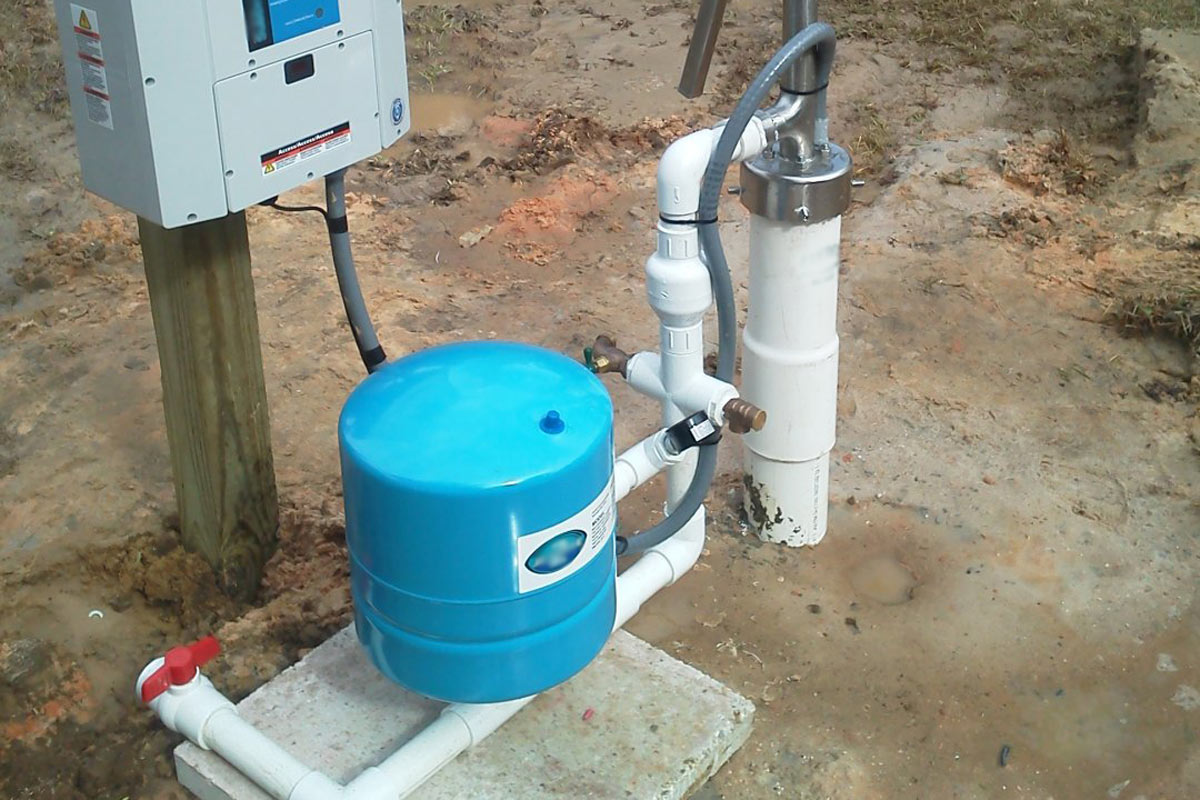

Articles
How Much Is A New Well Water Pump
Modified: January 5, 2024
Looking for articles on how much a new well water pump costs? Find the answers and helpful insights in our comprehensive guide.
(Many of the links in this article redirect to a specific reviewed product. Your purchase of these products through affiliate links helps to generate commission for Storables.com, at no extra cost. Learn more)
Introduction
A well water pump plays a crucial role in supplying clean and safe water to homes and properties that rely on well water as their source. Over time, these pumps may wear out or develop faults, requiring homeowners or property owners to invest in a new well water pump. However, before making this important purchase, it’s crucial to understand the factors that affect the cost of a new well water pump, the different types available, and other considerations that can help you make an informed decision.
In this article, we will explore the various aspects of purchasing a new well water pump. From the average cost to the additional expenses involved, we will provide you with the essential information you need to make a well-informed decision.
Key Takeaways:
- Factors such as well depth, water flow, pump type, and materials all influence the cost of a new well water pump. Consider these alongside your water demand and durability needs to make an informed decision.
- Signs like decreased water pressure, inconsistent flow, and frequent cycling indicate the need for a new well water pump. Understanding the replacement process and seeking professional help ensures a reliable water supply.
Read more: How To Prime A Water Pump On A Well
Factors Affecting the Cost of a New Well Water Pump
When it comes to purchasing a new well water pump, several factors can influence the overall cost. Understanding these factors is important for budgeting and selecting the right pump for your needs. Let’s explore some of the key factors that affect the cost of a new well water pump:
- Well Depth and Water Flow: The depth of your well and the rate of water flow impact the type and size of pump required. Deeper wells or those with a higher water flow rate might necessitate a more expensive and powerful pump to meet your water demands.
- Pump Type: There are different types of well water pumps available, including submersible pumps and jet pumps. Submersible pumps are installed deep within the well and are generally more expensive due to their complexity and higher horsepower. On the other hand, jet pumps are installed above the ground and are typically less expensive.
- Materials and Construction: The quality of materials used in the construction of the pump can impact its cost. Pumps made from durable materials, such as stainless steel, may be pricier upfront but offer long-term reliability and durability.
- Pump Brand: The brand of the pump can also influence its cost. Well-known and reputable brands often come with a higher price tag due to their established reputation for quality and reliability.
- Installation Requirements: The complexity of the pump installation can affect the overall cost. Factors such as accessibility, electrical requirements, and additional equipment needed for installation can add to the total expenses.
It’s important to note that while cost is a significant consideration, it should not be the sole factor guiding your decision. Selecting a pump that meets your specific water needs, durability requirements, and energy efficiency goals is equally important.
Now that we have explored the factors that affect the cost of a new well water pump, let’s move on to the different types of well water pumps available in the market.
Types of Well Water Pumps
When it comes to selecting a new well water pump, there are a few different types to choose from. Each type has its own unique features, advantages, and considerations. Let’s take a closer look at the most common types of well water pumps:
- Submersible Pumps: Submersible pumps are installed deep within the well and are designed to push water up to the surface. These pumps are typically more efficient and quieter compared to other types. They are also well-suited for deeper wells as they can handle higher water pressure. However, they tend to be more expensive upfront and may require professional installation.
- Jet Pumps: Jet pumps are installed above ground and use suction to pull water from the well. These pumps are generally less expensive and easier to install compared to submersible pumps. They are also suitable for shallower wells. However, jet pumps tend to be noisier, less efficient, and have a shorter lifespan compared to submersible pumps. They also require periodic maintenance and priming.
- Convertible Pumps: Convertible pumps offer the flexibility to switch between a shallow well and a deep well application. These pumps come with a switch that allows you to adjust the pump’s performance depending on the well depth. Convertible pumps offer versatility but may have lower efficiency compared to dedicated submersible or jet pumps.
- Solar-Powered Pumps: Solar-powered well water pumps utilize solar energy to power the pump, making them a sustainable and cost-effective option in areas with ample sunlight. These pumps are environmentally friendly, reduce energy costs, and can operate independently of the electrical grid. However, their effectiveness is dependent on the availability of sunlight, and they may have higher upfront costs for the solar panels and associated equipment.
Each type of well water pump has its own set of advantages and considerations, so it’s important to evaluate your specific needs and requirements before making a decision. Consulting with a professional or well water pump specialist can help you determine the most suitable pump type for your well.
Now that we have explored the different types of well water pumps, let’s delve into the average cost of a new well water pump.
Average Cost of a New Well Water Pump
The cost of a new well water pump can vary depending on several factors, including the type and size of the pump, brand, installation requirements, and any additional features or upgrades. On average, homeowners can expect to pay between $500 and $2,000 for a new well water pump.
Submersible pumps, known for their efficiency and durability, are typically the more expensive option. Depending on the horsepower and materials used, submersible pumps can range from $800 to $2,000 or more. These pumps are well-suited for deeper wells with higher water demands.
On the other hand, jet pumps, which are installed above ground, are generally more affordable. They can be found in the price range of $500 to $1,200. Jet pumps are suitable for shallower wells and are suitable for homes with lower water needs or a tight budget.
It’s worth noting that the average cost mentioned here is for the pump itself and does not include any additional expenses associated with installation. The complexity of the installation, electrical requirements, and any necessary additional equipment or materials can impact the overall cost.
While it may be tempting to choose the least expensive option, it’s important to consider the long-term cost-effectiveness and durability of the pump. Investing in a higher-quality and more efficient pump may save you money in the long run by reducing energy consumption and the need for frequent repairs.
In addition to the cost of the pump, there are other expenses to consider when purchasing a new well water pump.
Now that we have an idea of the average cost of a new well water pump, let’s explore the additional expenses that should be taken into account.
Additional Expenses to Consider
When budgeting for a new well water pump, it’s essential to factor in the additional expenses that may arise aside from the cost of the pump itself. These expenses can vary depending on the specific circumstances and requirements of your well. Here are some common additional expenses to consider:
- Installation Costs: Professional installation is recommended for most well water pumps to ensure proper setup and functionality. The cost of installation can vary based on factors such as the complexity of the installation, labor rates in your area, and any additional materials or equipment required.
- Electrical Wiring and Connections: If your new well water pump requires electrical wiring or connections to your existing electrical system, you may need to hire an electrician to handle the wiring and ensure it meets the necessary safety standards. The cost of electrical work will depend on the complexity of the wiring and the rates charged by the electrician.
- Permitting and Inspections: Depending on your location, you may need to obtain permits and have inspections conducted for the installation of a new well water pump. Permit fees and inspection costs can vary, so it’s important to check with your local authorities to determine any applicable requirements.
- Maintenance and Repairs: Well water pumps require periodic maintenance and may eventually require repairs over time. It’s important to budget for routine maintenance, such as pump inspections and cleaning, as well as unforeseen repair costs that may arise. Regular maintenance can help prolong the lifespan of your pump and prevent major issues from occurring.
- Additional Equipment: Depending on the specific requirements of your well, you may need to purchase additional equipment such as pressure tanks, check valves, or water treatment systems. These additional components can add to the overall cost of the system but may be necessary for proper functionality.
It’s essential to consult with a professional well water pump installer or contractor to get a more accurate estimate of the additional expenses you may incur based on your specific situation. They can assess your well system, recommend any necessary additional equipment, and provide a clearer picture of the costs involved.
Now that we have explored the additional expenses, let’s discuss some important factors to consider before purchasing a new well water pump.
When considering the cost of a new well water pump, it’s important to factor in the type and size of the pump, as well as any additional installation or labor costs. It’s also a good idea to get quotes from multiple suppliers or contractors to ensure you’re getting the best deal.
Read more: How To Winterize Well Water Pump
Factors to Consider Before Purchasing a New Well Water Pump
Before investing in a new well water pump, there are several factors to consider to ensure you make the right choice for your specific needs. Taking these factors into account can help you select a pump that is efficient, reliable, and suitable for your well system. Let’s explore some important considerations:
- Water Demand: Assessing your water usage and demand is crucial in determining the appropriate size and capacity of the pump you need. Consider factors such as the number of occupants in your household, the size of your property, and any additional water-related activities such as gardening or irrigation.
- Well Depth and Water Flow: Understanding the depth of your well and the rate of water flow is important in selecting a pump that can meet your water demands. Deeper wells or those with higher water flow rates may require a more powerful pump to ensure adequate water supply.
- Quality and Durability: Investing in a well water pump made from high-quality and durable materials is essential for longevity and reliability. Consider pumps that are resistant to corrosion and made from materials like stainless steel or cast iron to ensure they can withstand the demands of your well system.
- Energy Efficiency: Look for pumps that are energy efficient to reduce your electricity consumption and minimize long-term operating costs. Higher efficiency pumps may have a higher upfront cost but can provide significant savings over time by conserving energy.
- Noise Level: For homeowners concerned about noise, it’s important to choose a well water pump that operates quietly. Submersible pumps are typically quieter compared to jet pumps due to their submerged installation.
- Brand and Warranty: Research different brands and their reputation for quality and reliability. Opt for well-established brands that offer comprehensive warranties, ensuring you have support in case any issues arise with your pump.
- Professional Installation: While it may be tempting to attempt a DIY installation, it’s highly recommended to hire a professional to ensure proper setup and functionality. Professional installers have the knowledge and expertise to handle any complexities involved and can ensure your pump operates efficiently.
By considering these factors before purchasing a new well water pump, you can make an informed decision that meets your water needs and provides long-term satisfaction. Now, let’s explore some common signs that indicate the need for a new well water pump.
Signs That Indicate the Need for a New Well Water Pump
Over time, well water pumps can experience wear and tear, leading to decreased performance and potential malfunctions. Recognizing the signs indicating the need for a new well water pump is important to ensure a continuous supply of clean water. Here are some common signs that may indicate it’s time for a new well water pump:
- Decreased Water Pressure: If you notice a significant drop in water pressure throughout your home, it could indicate a problem with your well water pump. Reduced pressure could mean that your pump is no longer able to push water effectively, indicating the need for a replacement.
- Inconsistent Water Flow: If you experience fluctuations in water flow, such as water cutting in and out or an intermittent supply, it could be a sign of pump failure. Inconsistent water flow is often an indicator that your pump is not functioning properly and may need to be replaced.
- Continuous Running: If your well water pump runs continuously even when there is no demand for water, it could be a sign of a malfunctioning pump. This constant running can put unnecessary strain on the pump and can lead to potential damage or failure.
- Frequent Cycling: Cycling refers to the pump turning on and off frequently, even with minimal water usage. If your pump cycles frequently, it could be an indication that the pump is struggling to maintain pressure or that there is a problem with the pressure switch, both of which may require a new pump.
- Strange Noises: Unusual noises coming from the well water pump, such as grinding, clicking, or screeching sounds, could be a sign of mechanical issues. These noises may indicate worn-out components or a failing pump that needs attention and potentially a replacement.
- Aging Pump: Well water pumps have a lifespan, typically ranging from 10 to 15 years, depending on usage and maintenance. If your pump is reaching or exceeding its expected lifespan, it may be time to consider replacing it before it fails completely.
- Frequent Repairs: If you find yourself frequently repairing your well water pump, it may be more cost-effective to invest in a new pump. Constant repairs can add up in terms of both time and money, and a new pump may save you from future repair hassles.
If you notice any of these signs indicating the need for a new well water pump, it’s important to consult with a professional well water pump specialist for an assessment. They can determine the exact issue and recommend the best course of action, whether it’s repair or replacement.
Now, let’s move on to discuss the steps involved in replacing a well water pump.
Steps Involved in Replacing a Well Water Pump
Replacing a well water pump requires careful planning and execution to ensure a smooth transition and proper functionality of the new pump. While it is recommended to hire a professional for the installation, it’s useful to understand the general steps involved. Here is an overview of the typical process of replacing a well water pump:
- Assessment and Preparation: The first step is to assess the condition of your existing well water pump and determine if replacement is necessary. Once you have decided to replace the pump, gather all the necessary tools and equipment required for the installation, including the new pump, appropriate fittings, and any additional materials.
- Turn Off Power Supply: Before starting any work, ensure to turn off the power supply to the well pump. This is essential to prevent any accidents or electrical hazards during the installation process.
- Disconnect Existing Pump: Carefully disconnect the electrical wiring, piping, and any other connections attached to the existing pump. Take note of the existing setup and connections to ensure proper reconnection with the new pump.
- Remove Old Pump: Remove the old pump from the well casing. This may involve lowering or raising the pump, depending on its location and configuration. Use appropriate tools and equipment to safely extract the pump from the well.
- Inspect Well Casing and Components: While the old pump is removed, take the opportunity to inspect the well casing, seal, and other components for any signs of damage or wear. Address any necessary repairs or replacements before installing the new pump.
- Install New Pump: Lower the new well water pump into the well casing, ensuring it is properly aligned and secured. Follow the manufacturer’s instructions for installation, including proper positioning, connection of electrical wiring, and plumbing connections.
- Test and Prime: After the new pump is installed, it is important to test its functionality and prime the system. Turn on the power supply and run water through the system to ensure proper flow and pressure. If necessary, prime the pump by filling it with water to facilitate the initial operation.
- Monitor and Adjust: Once the new pump is operational, monitor its performance to ensure it is functioning as expected. Pay attention to water pressure, flow, and any unusual noises or behaviors. Adjust any necessary settings or seek professional assistance if any issues arise.
- Dispose of Old Pump: Properly dispose of the old well water pump in accordance with local regulations. Consider recycling options if available to minimize environmental impact.
While these steps provide a general outline, it’s essential to follow the specific instructions provided by the manufacturer of the new well water pump and consult with a professional for guidance. They can ensure that the replacement process is conducted safely and effectively.
Now that we have covered the steps involved in replacing a well water pump, let’s conclude this article.
Conclusion
Investing in a new well water pump is a significant decision that can have a profound impact on your water supply. By understanding the factors that affect the cost, the different types available, and the additional expenses to consider, you can make an informed choice that meets your specific needs and budget.
Factors such as well depth, water flow, pump type, and materials all play a role in determining the cost of a new well water pump. Considering these factors alongside your water demand, energy efficiency goals, and long-term durability requirements will help you select the right pump for your well system.
When it comes to replacing a well water pump, it’s crucial to be aware of the signs that indicate the need for a new pump, such as decreased water pressure, inconsistent water flow, or frequent cycling. Recognizing these signs and acting promptly can prevent further issues and ensure uninterrupted water supply.
Replacing a well water pump typically involves a series of steps, including assessment, disconnecting the existing pump, installing the new pump, and testing for proper functionality. While it is recommended to hire a professional for the installation, understanding the general process can help you better communicate and oversee the project.
In conclusion, a new well water pump is a valuable investment in maintaining a reliable water supply for your home or property. By thoroughly considering the factors discussed, consulting with professionals, and conducting proper maintenance, you can enjoy clean and safe water for years to come.
Frequently Asked Questions about How Much Is A New Well Water Pump
Was this page helpful?
At Storables.com, we guarantee accurate and reliable information. Our content, validated by Expert Board Contributors, is crafted following stringent Editorial Policies. We're committed to providing you with well-researched, expert-backed insights for all your informational needs.
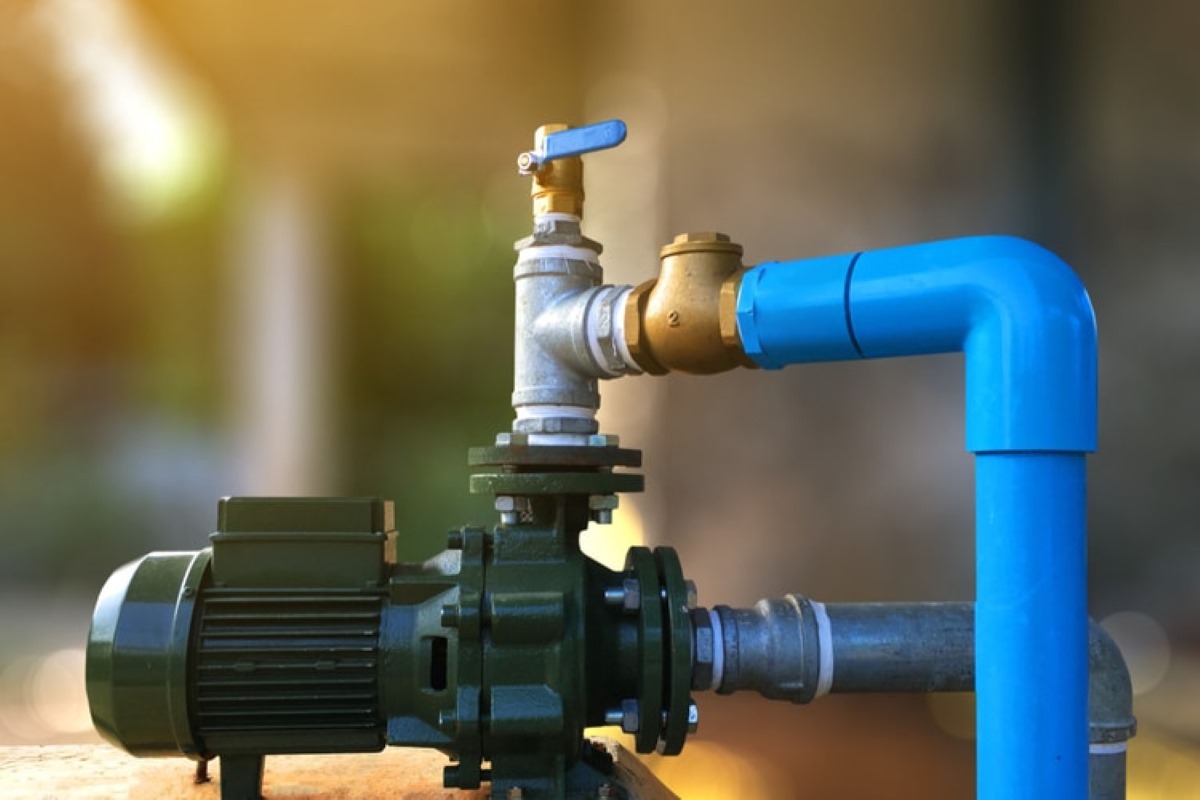
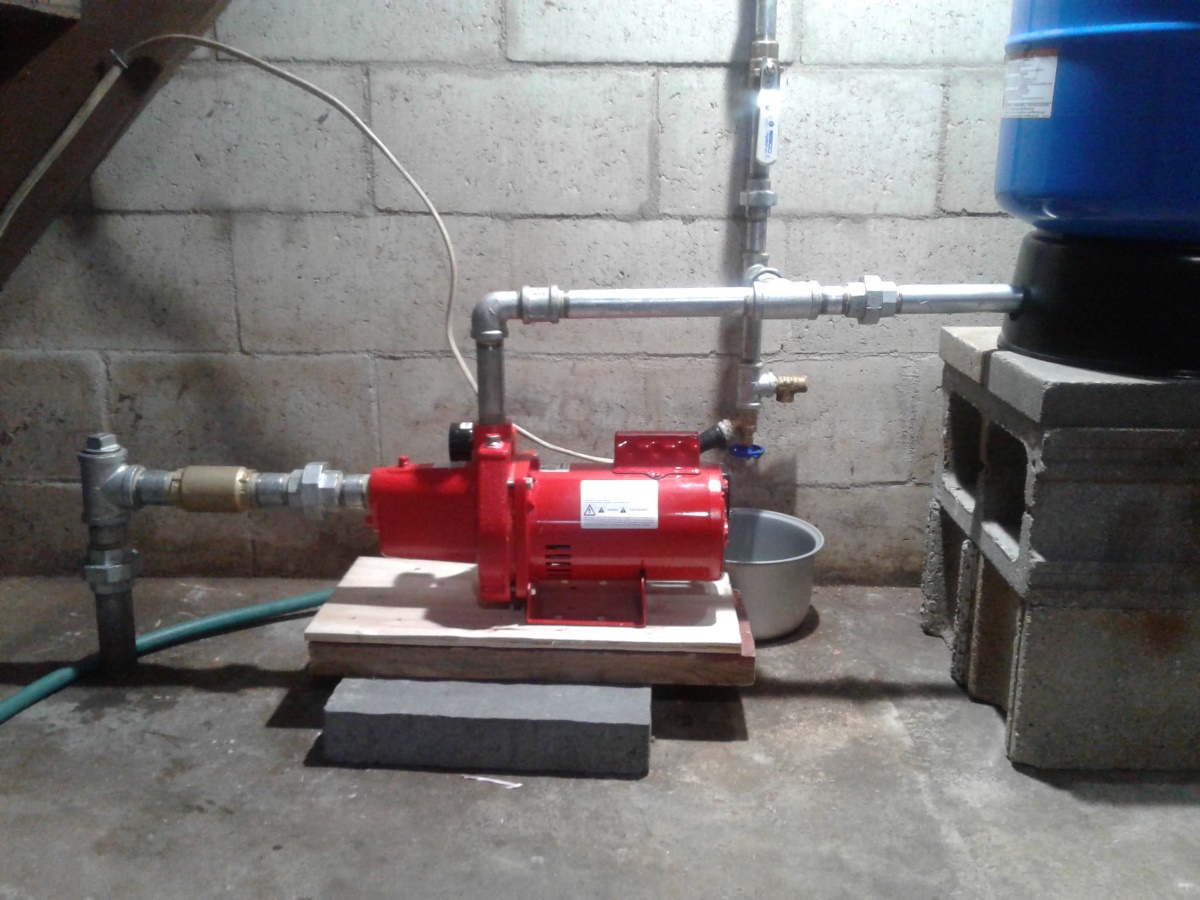
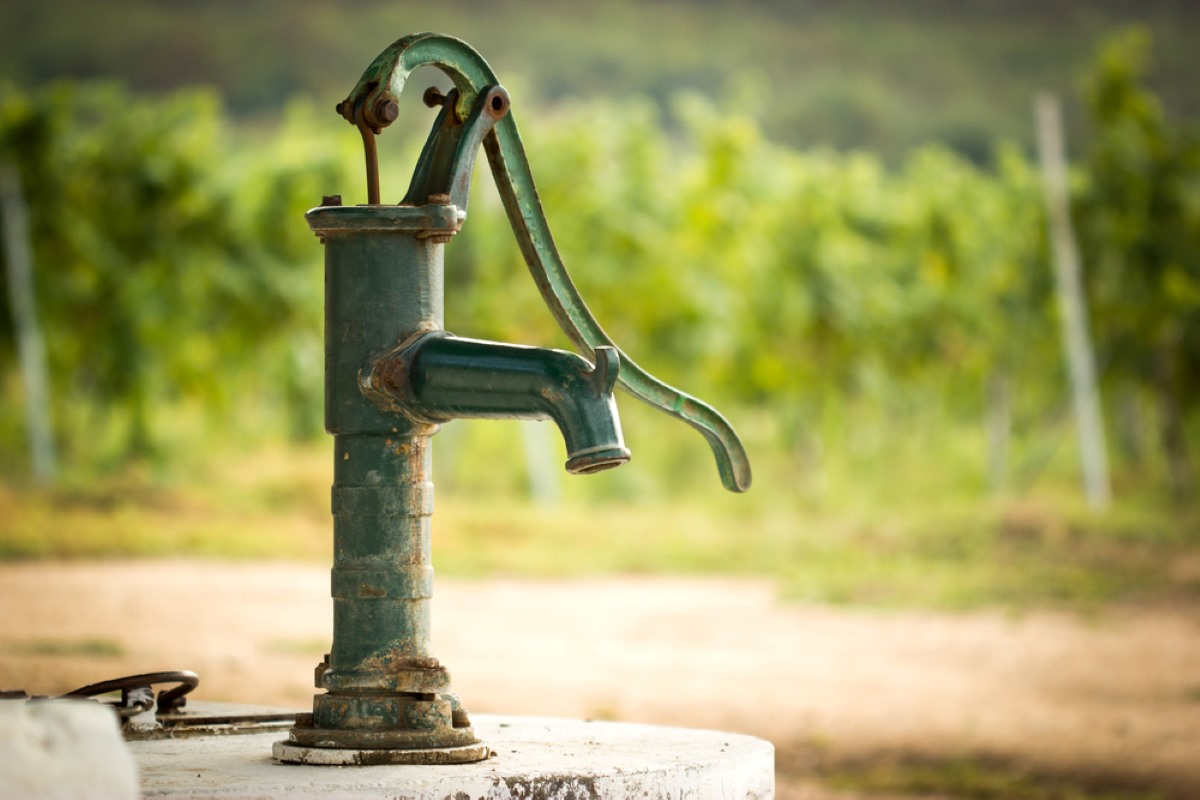
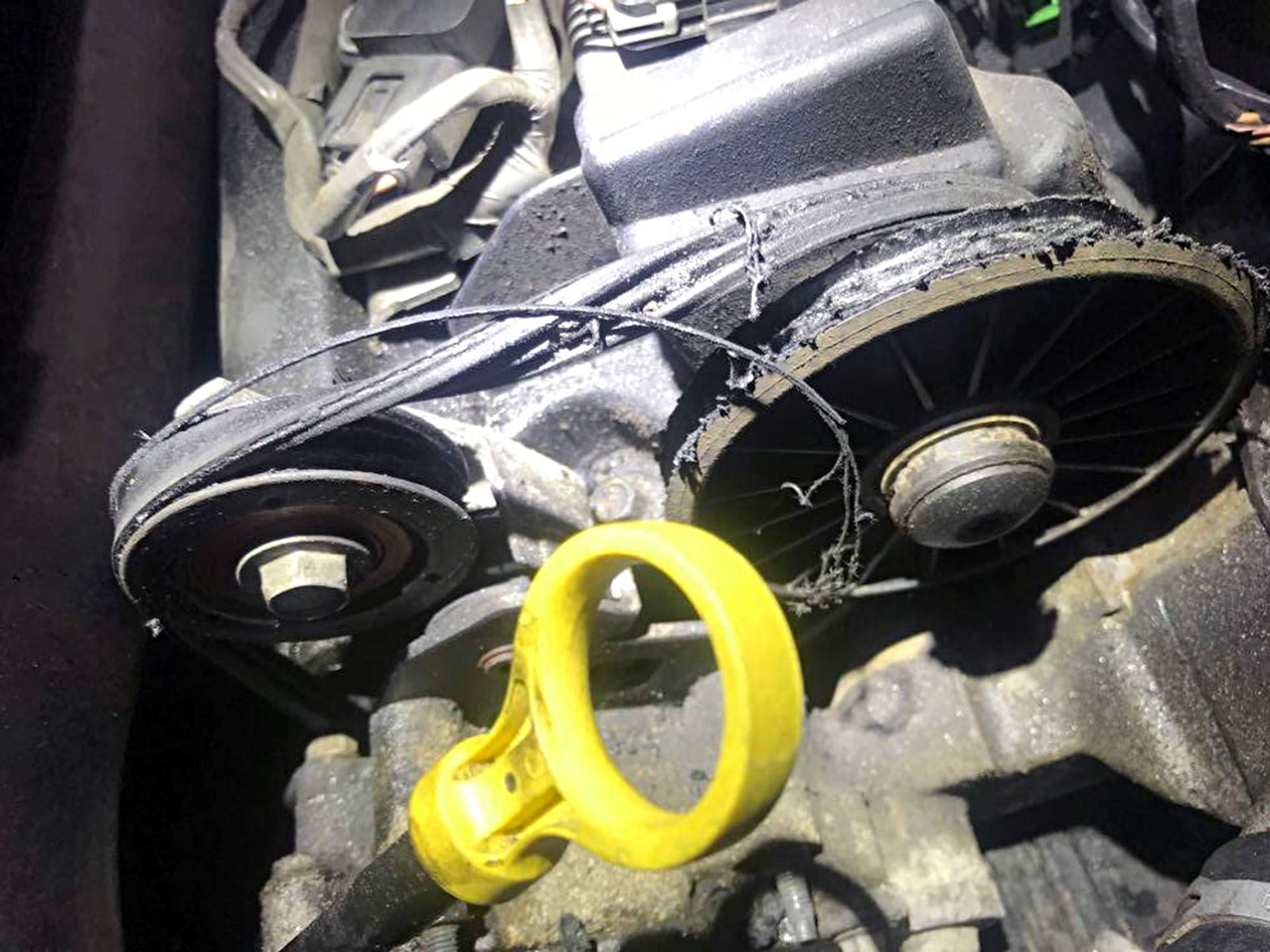
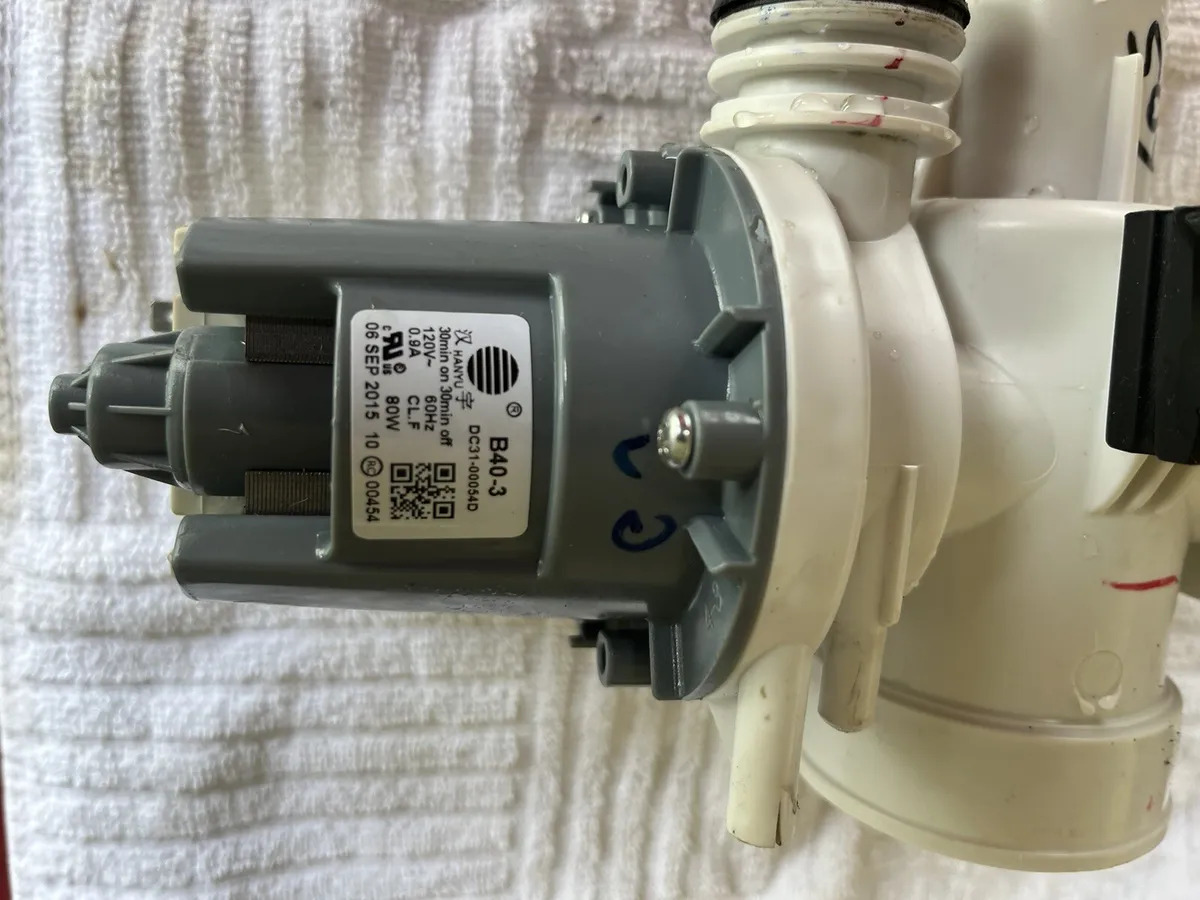
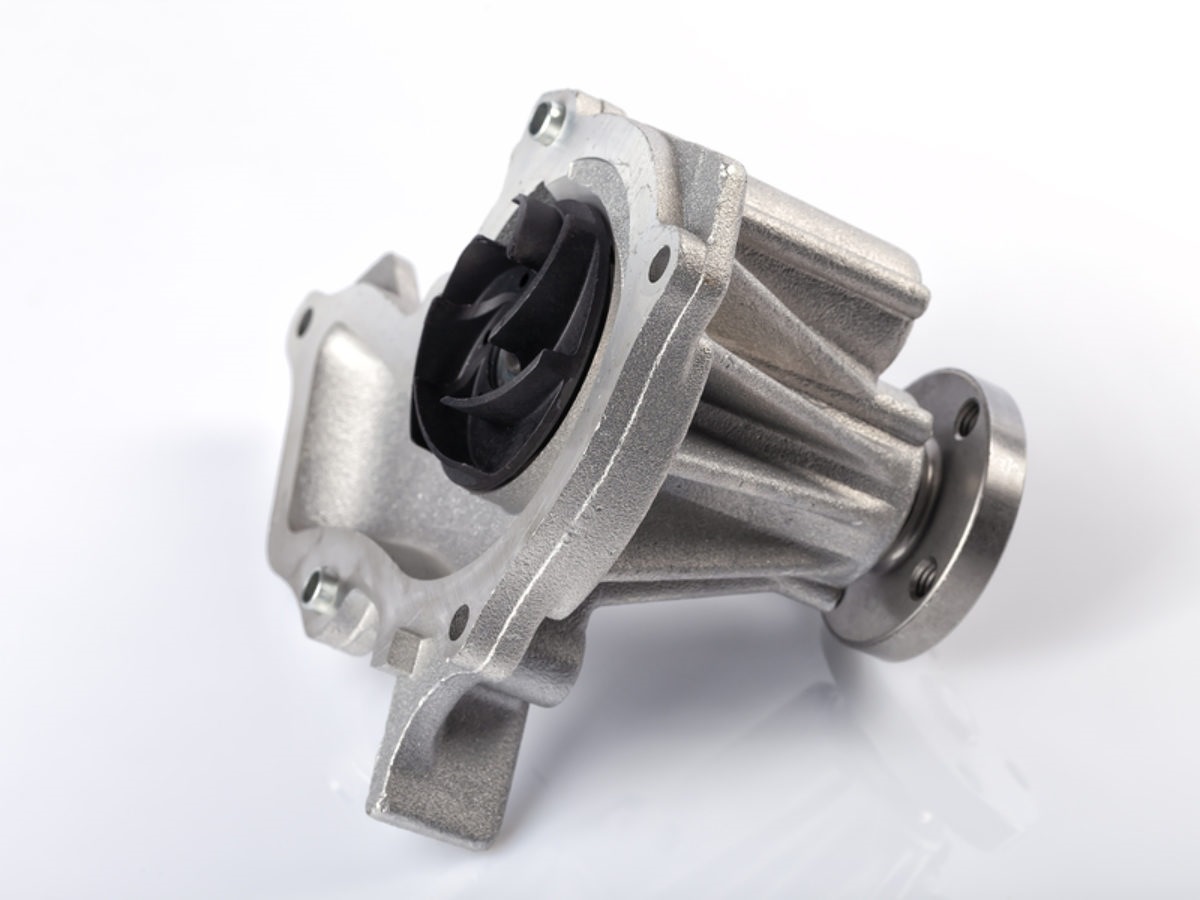
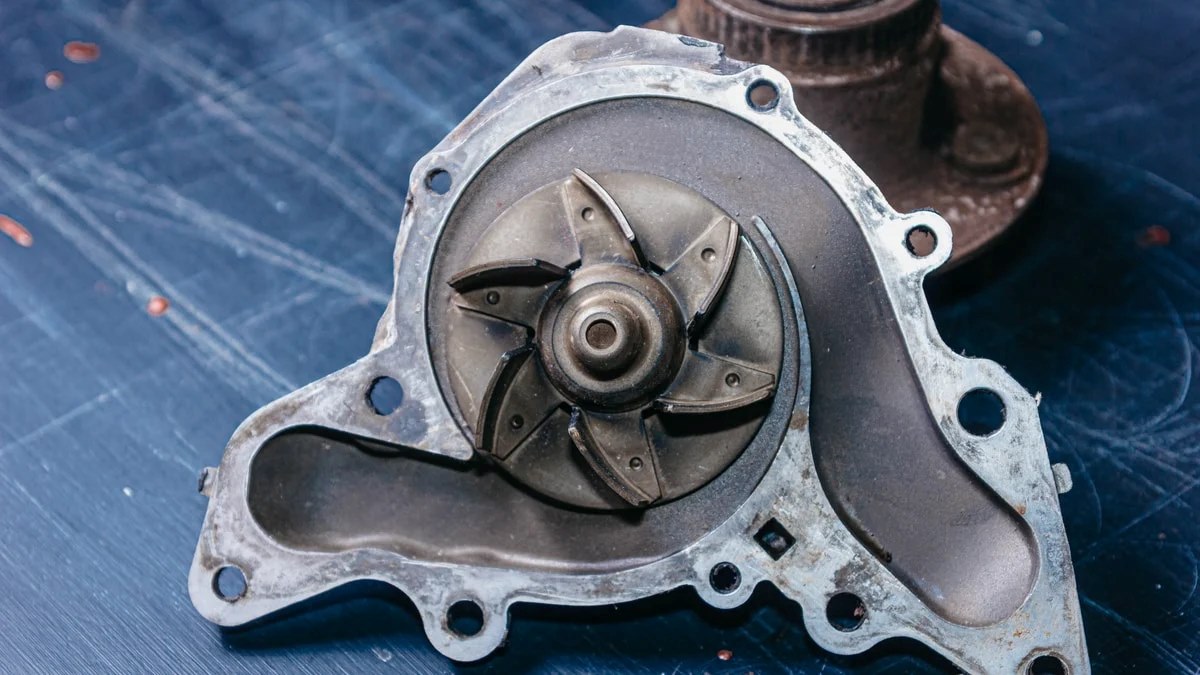

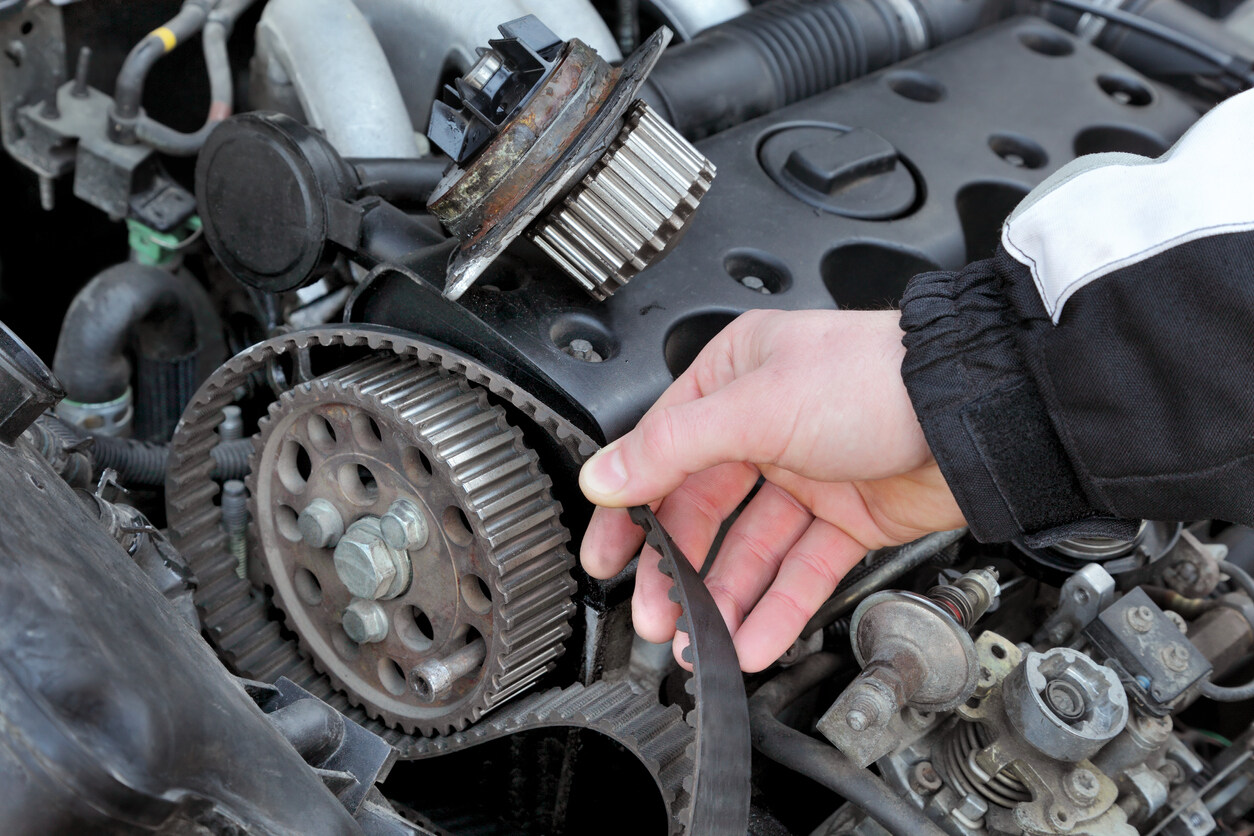
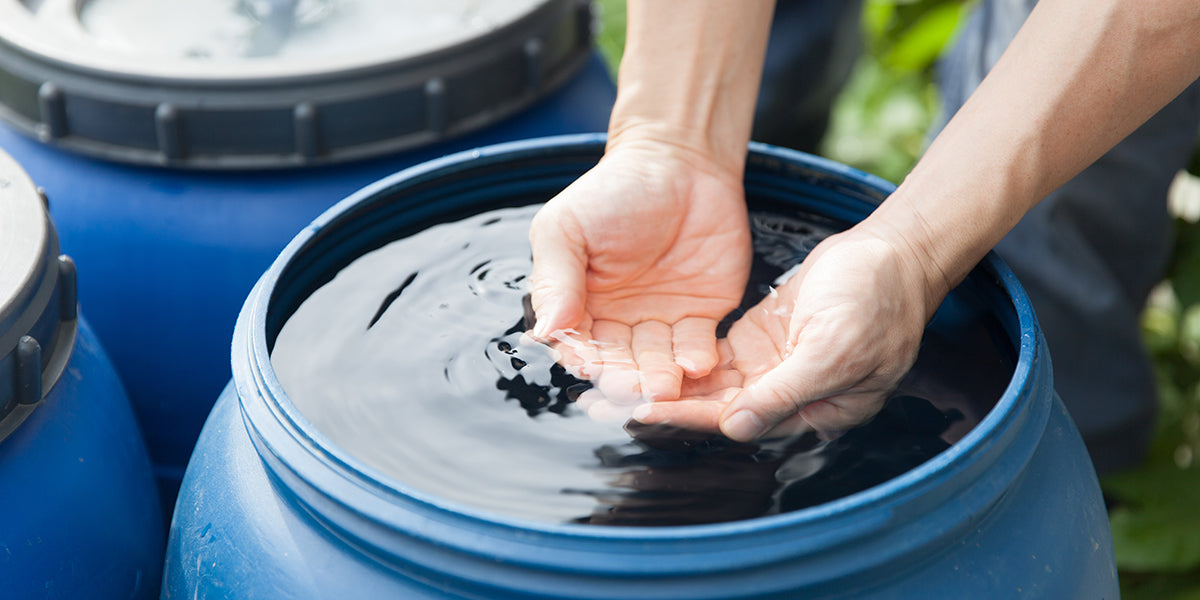
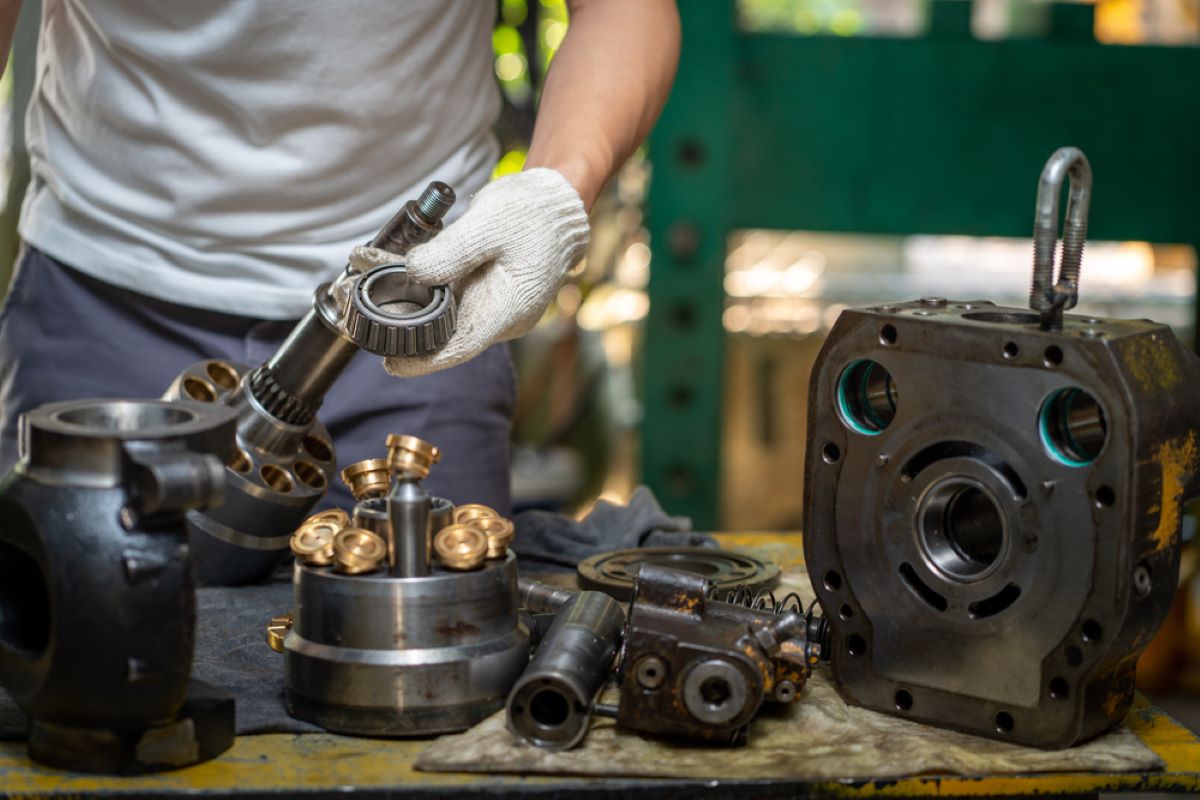
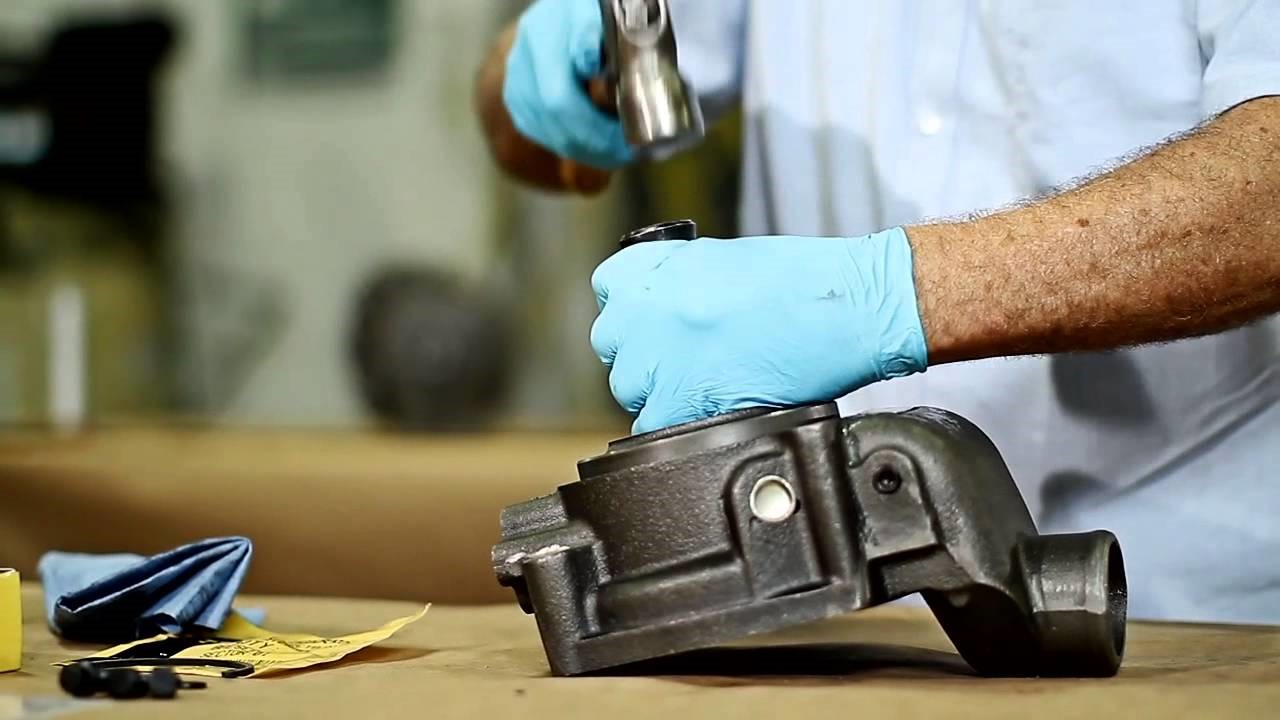
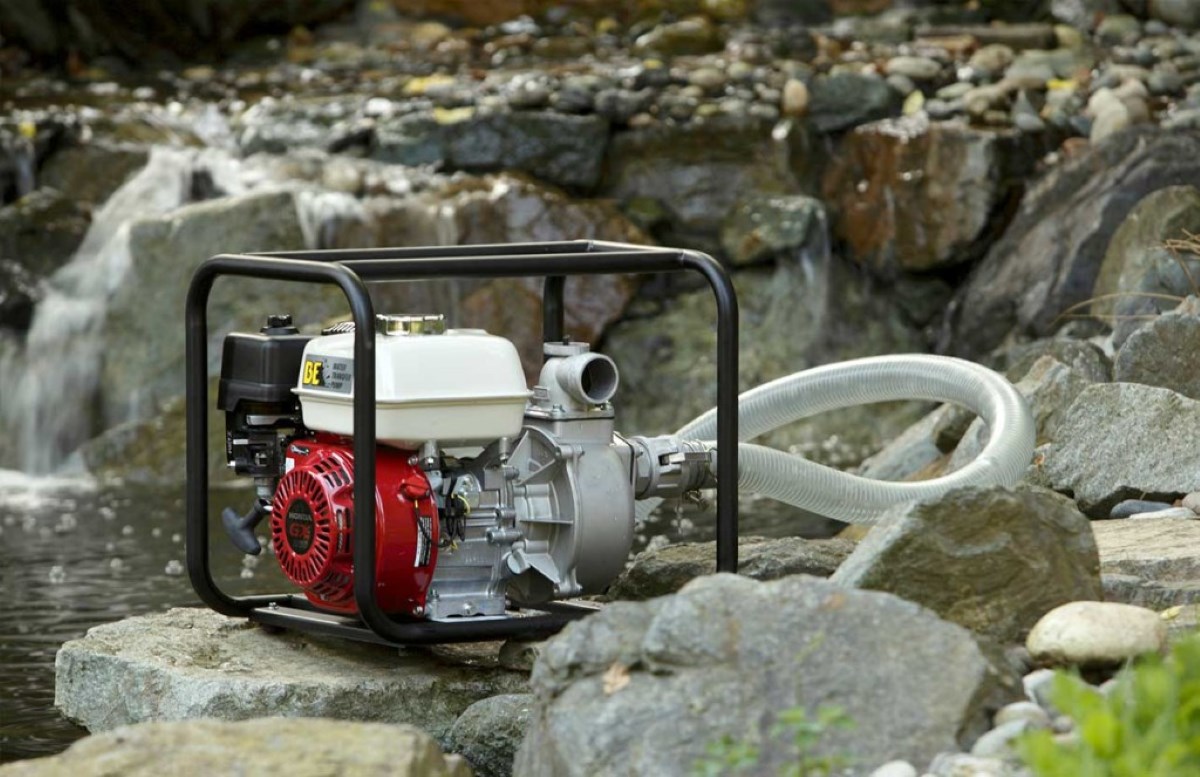
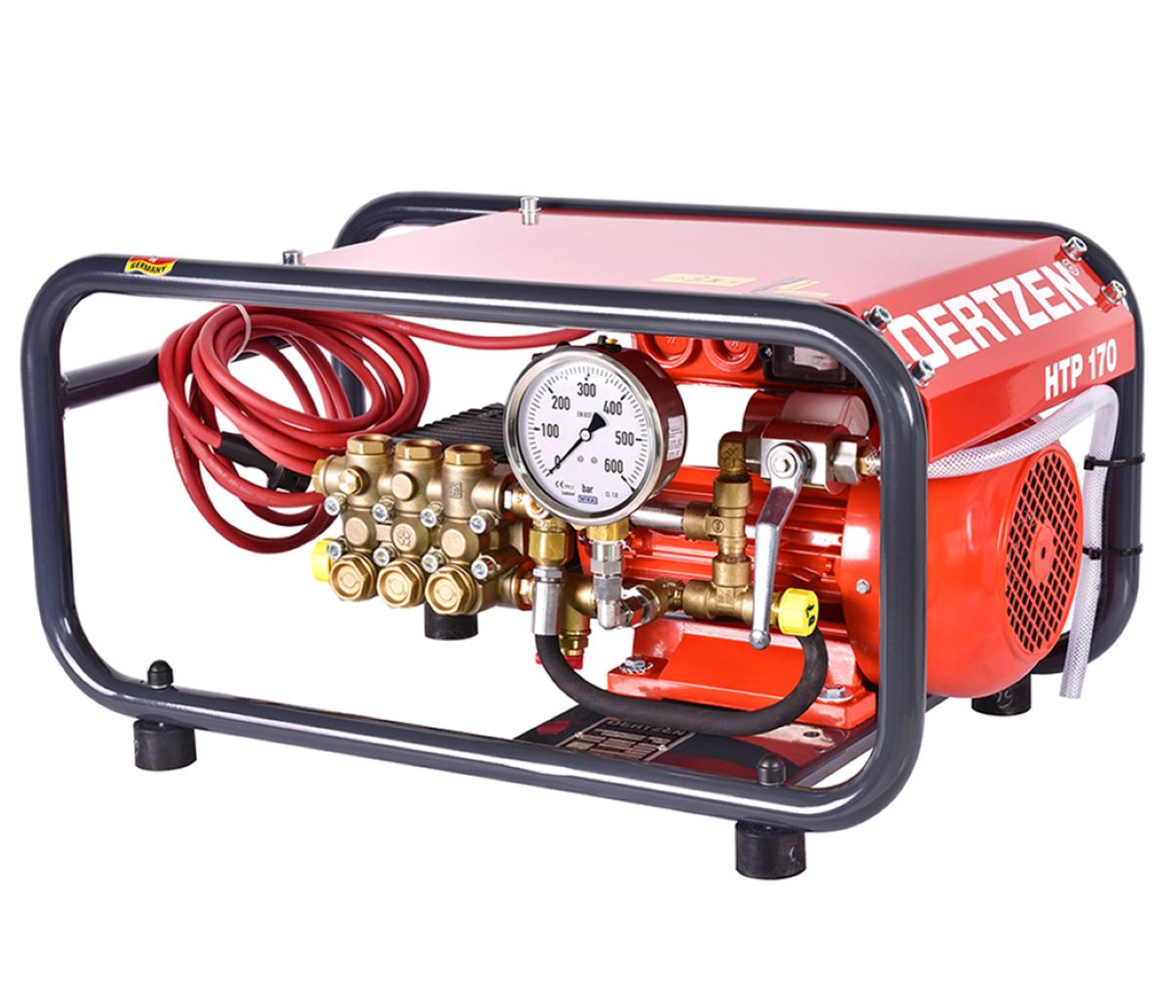

0 thoughts on “How Much Is A New Well Water Pump”